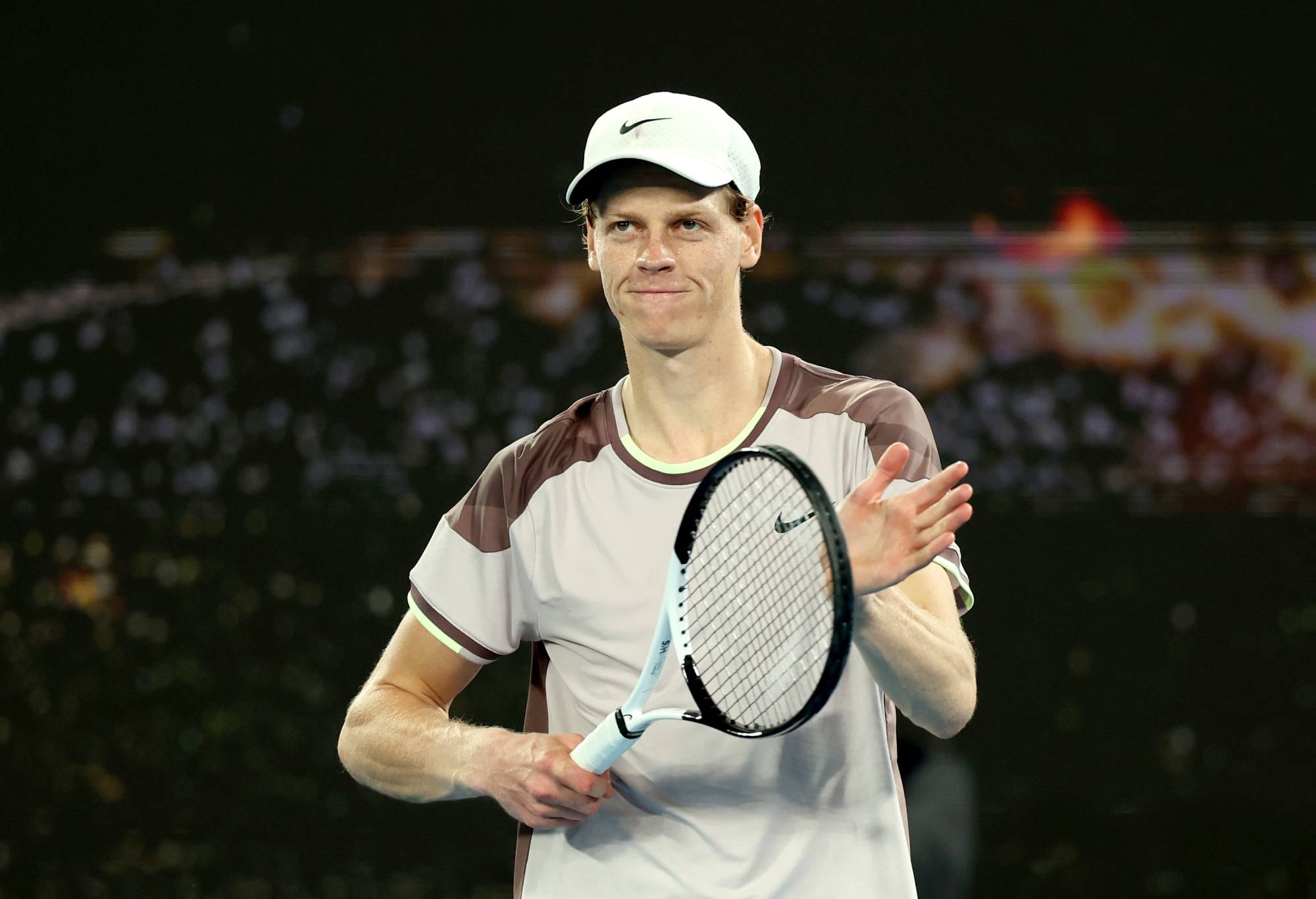LISTEN: 'Tony Jones still loves you!' Fan decides after an injury is the perfect time to heckle Novak
Novak Djokovic took a medical timeout after this incident as Carlos Alcaraz broke him late in the first set. Before Novak could get some…

In the past, doping in tennis was hardly ever discussed and the sport was known for maintaining integrity.
Historically, tennis emphasised skill and fair competition, but today, concerns about performance-enhancing substances have emerged.
It has traditionally been a sport where the best players do well financially, earning substantial incomes.
Those at the top of the rankings often have a full support team, including a coach, physiotherapist, strength and conditioning coach, their partner, their agent, a hitting partner and in some cases, a considerable entourage of other extended support staff members, travelling with them to tournaments worldwide.
But for the players who are not in the top echelon, it is quite different.
Many lower-ranked players often struggle financially to make ends meet, competing in much smaller tournaments in front of only a handful of spectators.
The prize money on offer is often barely enough to cover the expenses required to travel and compete, making it difficult to break even.
This disparity also appears to extend to how players are treated, especially considering the recent doping situations uncovered.
There seems to be preferential treatment for certain players when it comes to disciplinary actions.
In September 2023, Simona Halep was banned from competing for four years after the Romanian tennis player failed a drug test a year earlier at the US Open in August 2022.
She tested positive for the banned medication Roxadustat and vehemently denied any intentional wrongdoing.
But when former world number one and five-time Grand Slam winner Iga Swiatek and men’s world number one Jannik Sinner were both caught in doping allegations, their penalties were far less severe.

Jannik Sinner of Italy. (Photo by Cameron Spencer/Getty Images)
They barely received a slap on the wrist.
Polish star Swiatek was banned for only one month by The International Tennis Agency (ITIA) after she tested positive for the prohibited substance trimetazidine, a heart medication known as TMZ, during an out-of-office competition doping test in August.
The ITIA accepted her explanation the positive result was unintentional.
Swiatek claimed she was using the medication for issues with jet lag and sleeping. While I do not wish to cast judgment on her claims, the situation raises questions about consistency in handling such cases.
Unfortunately, Halep was not afforded the same treatment. Halep also strongly refuted she intentionally used a banned substance but was ruled out for four years before the ban was reduced when she launched a successful appeal.
Halep didn’t hide her disappointment in the apparent injustice, refusing to shy away from the limelight but rather questioning the procedure.
“I sit and try to understand but it is really impossible for me to understand something like this,” Halep posted on her Instagram account.
“I sit and wonder, ‘Why such a big difference in treatment and judgement?’
“I can’t find, and I don’t think there can be, a logical answer.

Poland’s Iga Swiatek. (AP Photo/Andy Brownbill)
Swiatek’s positive test came only months after men’s world number one Jannik Sinner tested positive twice for an anabolic steroid in March but was not banned in an ITIA decision because the agency determined he was not to blame.
The inconsistent handling of these doping cases has drawn criticism from former Australian Open tournament director and Grand Slam doubles champion Paul McNamee as well as outspoken Australian tennis player Nick Kyrgios.
Both slammed the disparity in how these doping matters have been addressed – and this would not pass the pub test.
Such discrepancies certainly raise doubts about the integrity of the sport.
Is there one set of rules for the best players and another rule for everyone else, although Halep is a great player in her own right?
Tennis needs to clean up its act and must address these concerns and restore the integrity it once held, returning to the clean sport it was known for.